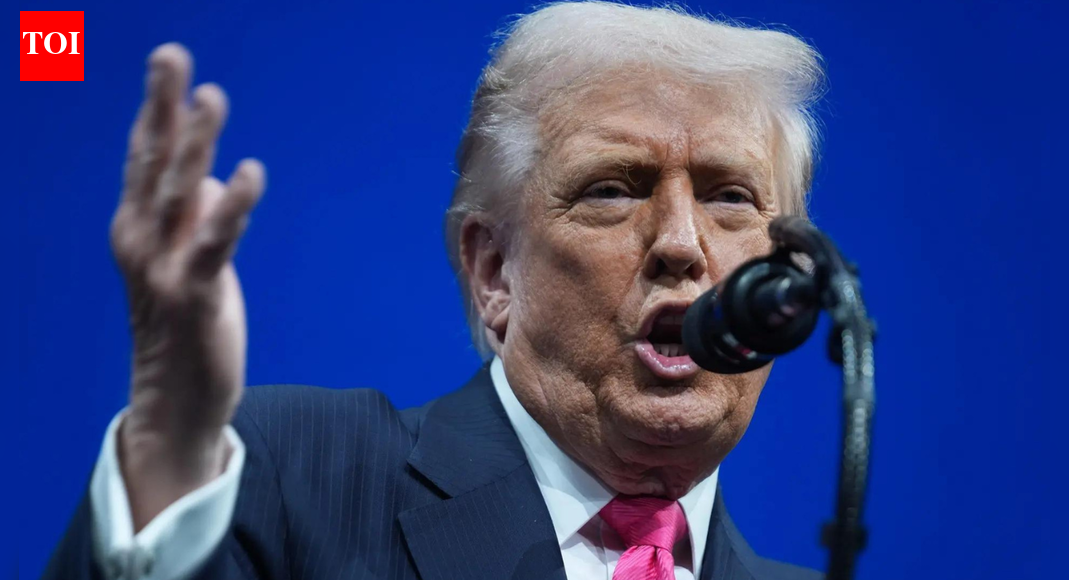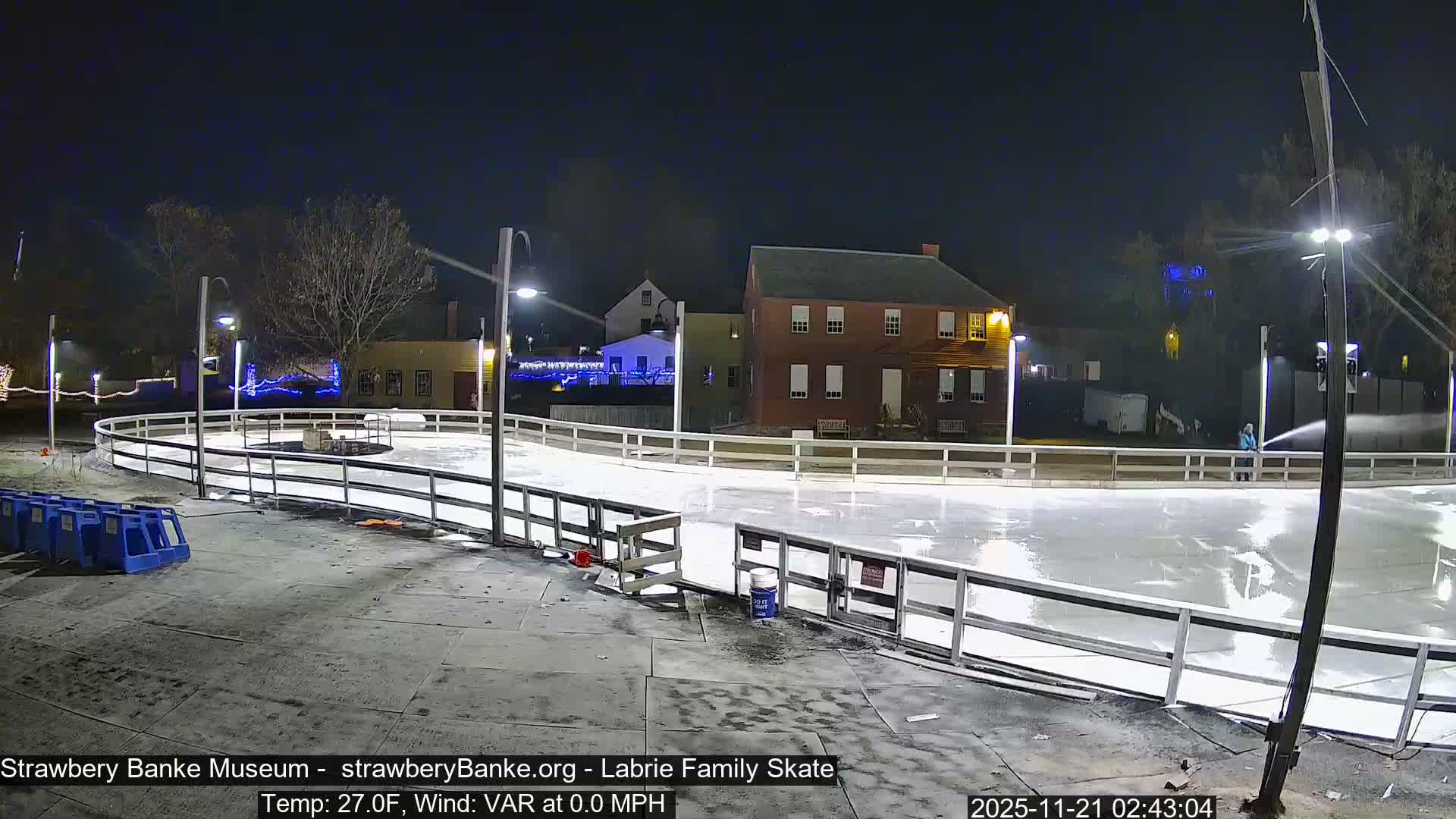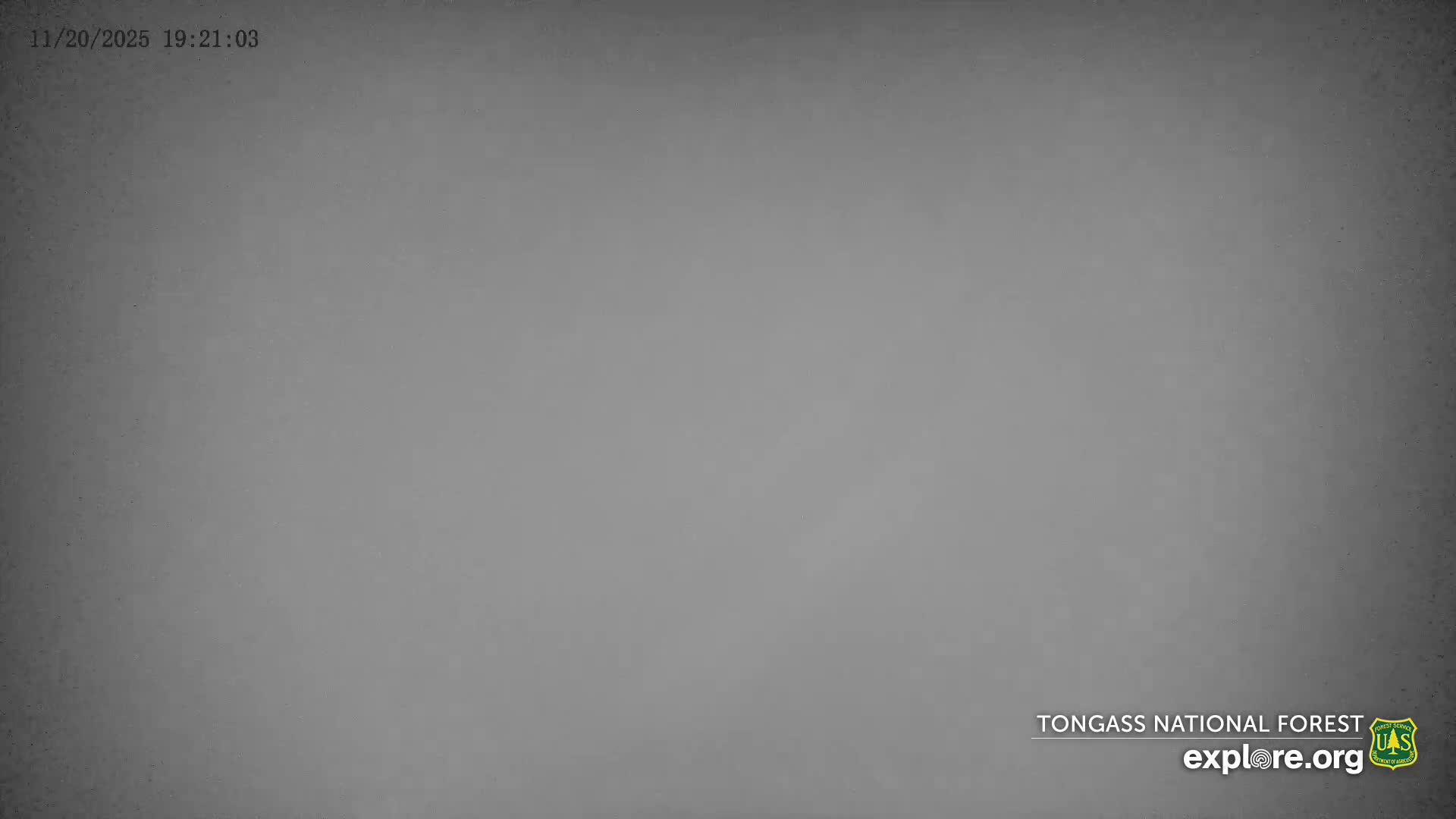White House Defends Trump's 'Piggy' Remark to Reporter Amid Epstein Questions, Citing His 'Frankness'
 United States
Politics
United States
Politics

The White House defended Donald Trump's 'piggy' remark to a Bloomberg reporter questioning Epstein emails, citing his 'frankness.' The incident drew criticism f
White House Defends Trump's 'Piggy' Remark Amid Epstein Questions
The White House recently stepped in to defend former President Donald Trump's controversial comments directed at a female Bloomberg reporter. The incident occurred aboard Air Force One as Trump faced questions regarding recently unsealed emails linked to financier Jeffrey Epstein.
The White House Stance: Candor Over Criticism
During a briefing, White House Press Secretary Karoline Leavitt characterized Trump's 'piggy' remark as a testament to his candid and direct communication style, suggesting that voters appreciated this honesty during his re-election. Leavitt emphasized Trump's transparency with the press, stating, 'Look, the president is very frank and honest with everyone in this room. You’ve all seen it yourself, you’ve all experienced it yourselves.' She added that Trump frequently expresses frustration over what he perceives as inaccurate reporting, asserting, 'He calls out fake news when he sees it and gets frustrated with reporters who spread false information.'
The Incident: Epstein Emails and a Dehumanizing Remark
The contentious exchange unfolded when the reporter pressed Trump on Epstein's alleged claims that Trump 'knew about the girls' – allegations Trump vehemently denies, despite a past friendship with Epstein that ended in the 2000s. After Trump had moved on to another journalist, the Bloomberg reporter attempted a follow-up question. In response, Trump reportedly pointed a finger, leaned in, and commanded, 'Quiet! Quiet, piggy.'
Pattern of Behavior and Professional Backlash
This incident wasn't isolated. Earlier in the week, Trump reportedly labeled an ABC reporter a 'terrible person' in the Oval Office. This occurred after she inquired about the killing of journalist Jamal Khashoggi and the withheld release of Epstein-related documents.
Such remarks drew swift condemnation from professional journalistic organizations. The Society of Professional Journalists (SPJ) publicly denounced the demeaning language aimed at female reporters. Caroline Hendrie, Executive Director of the SPJ, underscored that targeting journalists with humiliating insults is unacceptable and 'should not be tolerated.' The events highlight ongoing tensions and debates surrounding presidential rhetoric and media relations.





